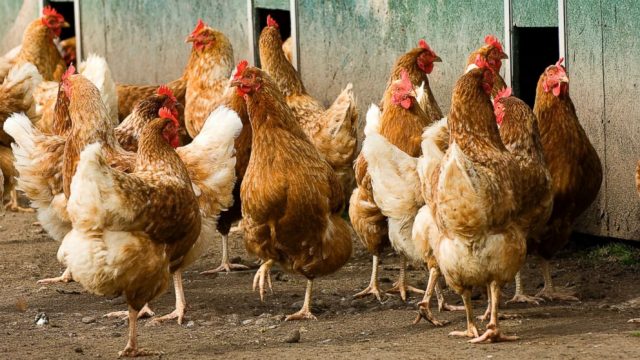- Chickens can show empathy
Like other mothers in the animal kingdom, female chickens (aka hens) are very protective of their young. Domesticated hens show clear physiological and behavioural responses when their chicks are even mildly distressed.
2. Chickens can speak to each other
Chickens are able to perform complex communications within their flocks, with a series of distinct vocalisations that all have different meanings. Thirty different calls have been identified so far, ranging from calling to their young, to alarm calls and alerting each other to the whereabouts of food.
3. Chickens can dream
Like other birds and mammals, chickens have an REM, or “rapid eye movement”, phase of sleep, which is known to signify dreaming. In birds the REM phase occurs for only a few seconds at a time, while humans can stay in this phase for longer spells, ranging from several minutes to an hour.
4. The influenza vaccine is produced in fertilised chicken eggs
The most common way flu vaccines are made is by using an egg-based manufacturing technique. The production process involves the vaccine viruses being injected into a fertilised hen’s egg, and incubated for several days, which allows the virus to replicate.
The fluid containing the virus is then harvested from the eggs, and the manufacturing process either inactivates the virus – resulting in the ‘killed’ virus used in flu jabs – or purifies it to create a weakened version of the virus which is present in a nasal spray vaccine.
5. Hens can choose which rooster fathers their chicks
A female chicken can and will mate with many different males, but if she decides after mating that she doesn’t want the offspring of a particular rooster, she can choose to eject his sperm. This most often occurs when the male is lower in the pecking order, and a stronger and more suitable mate is available.




